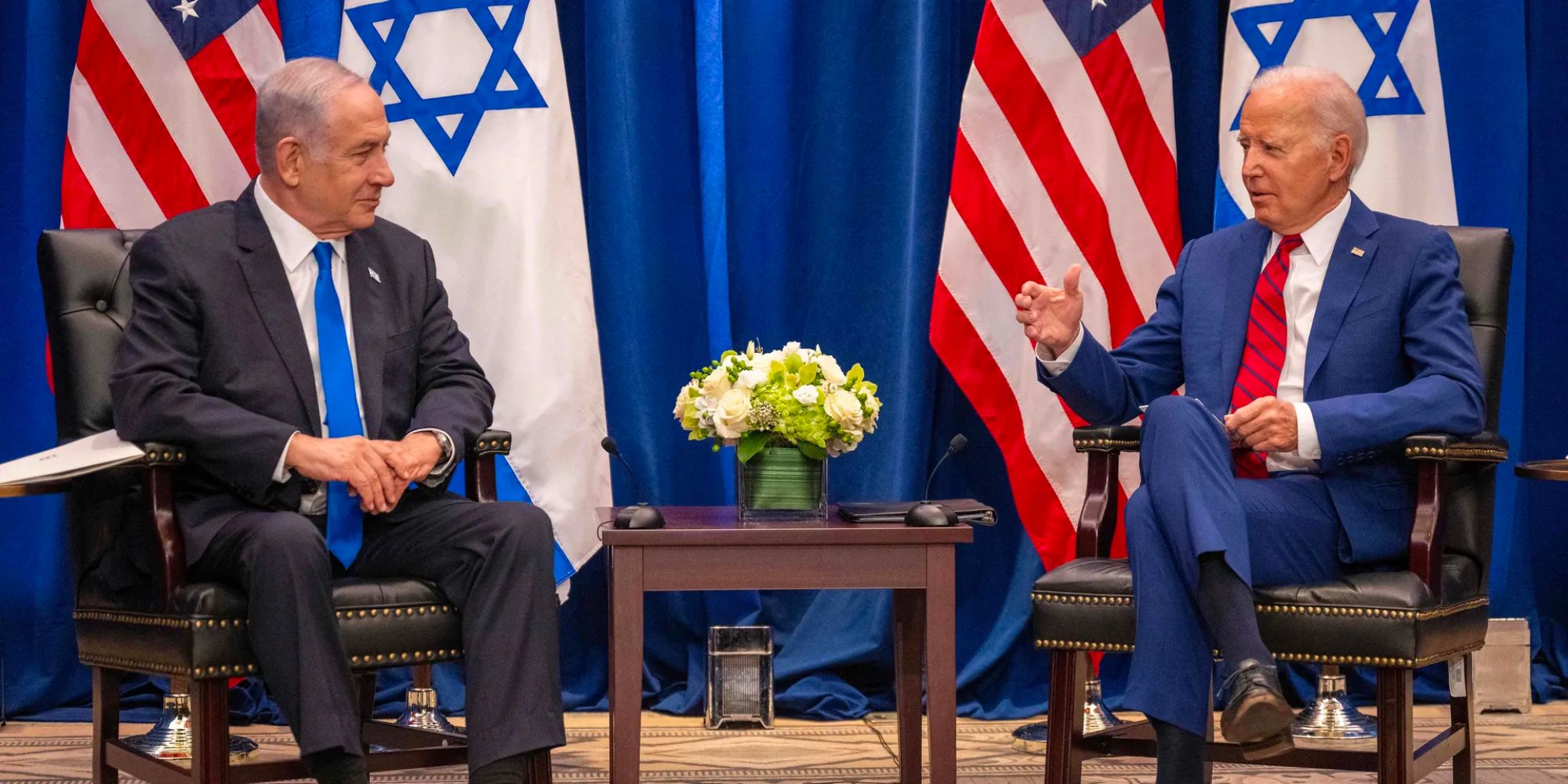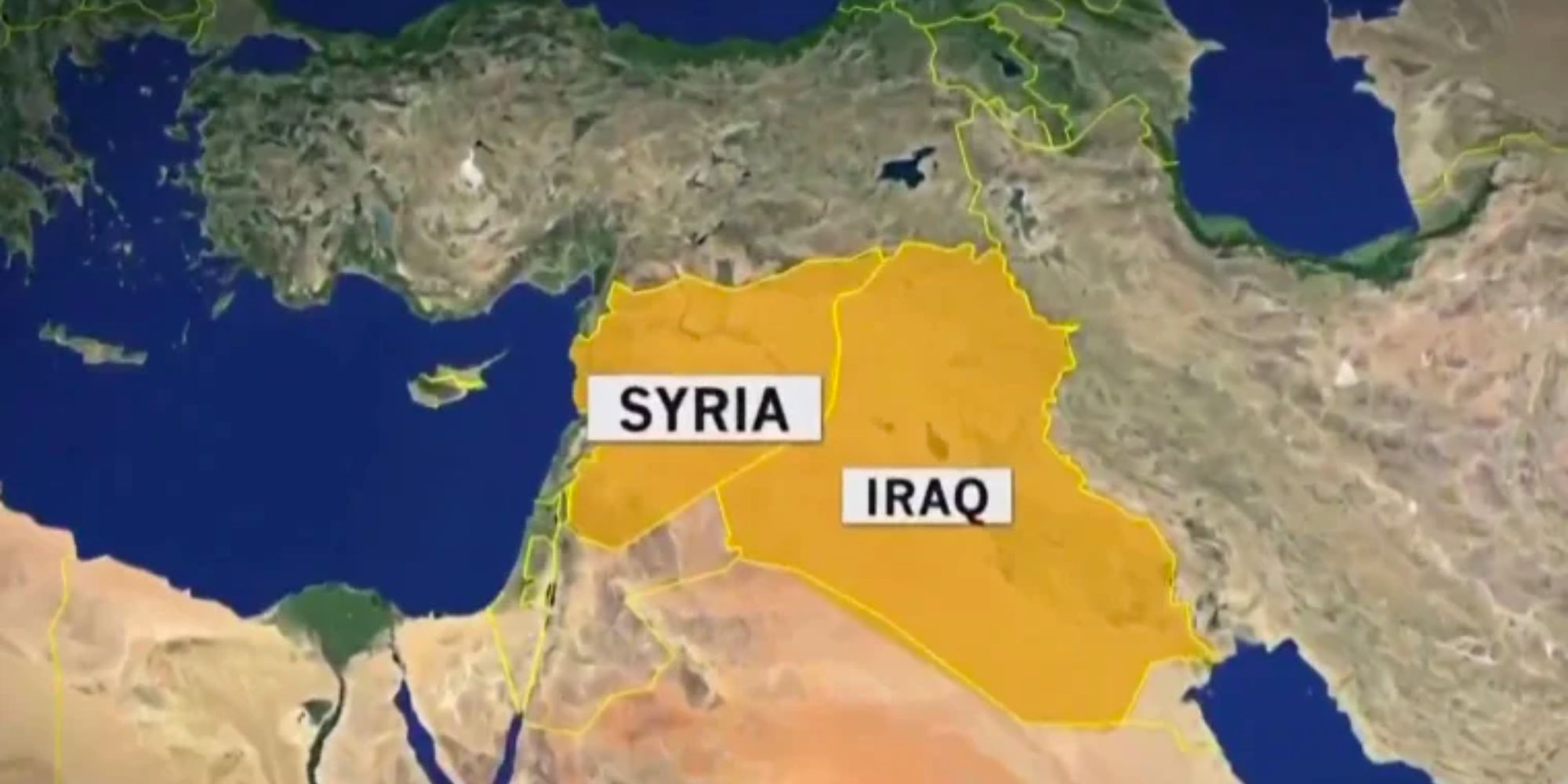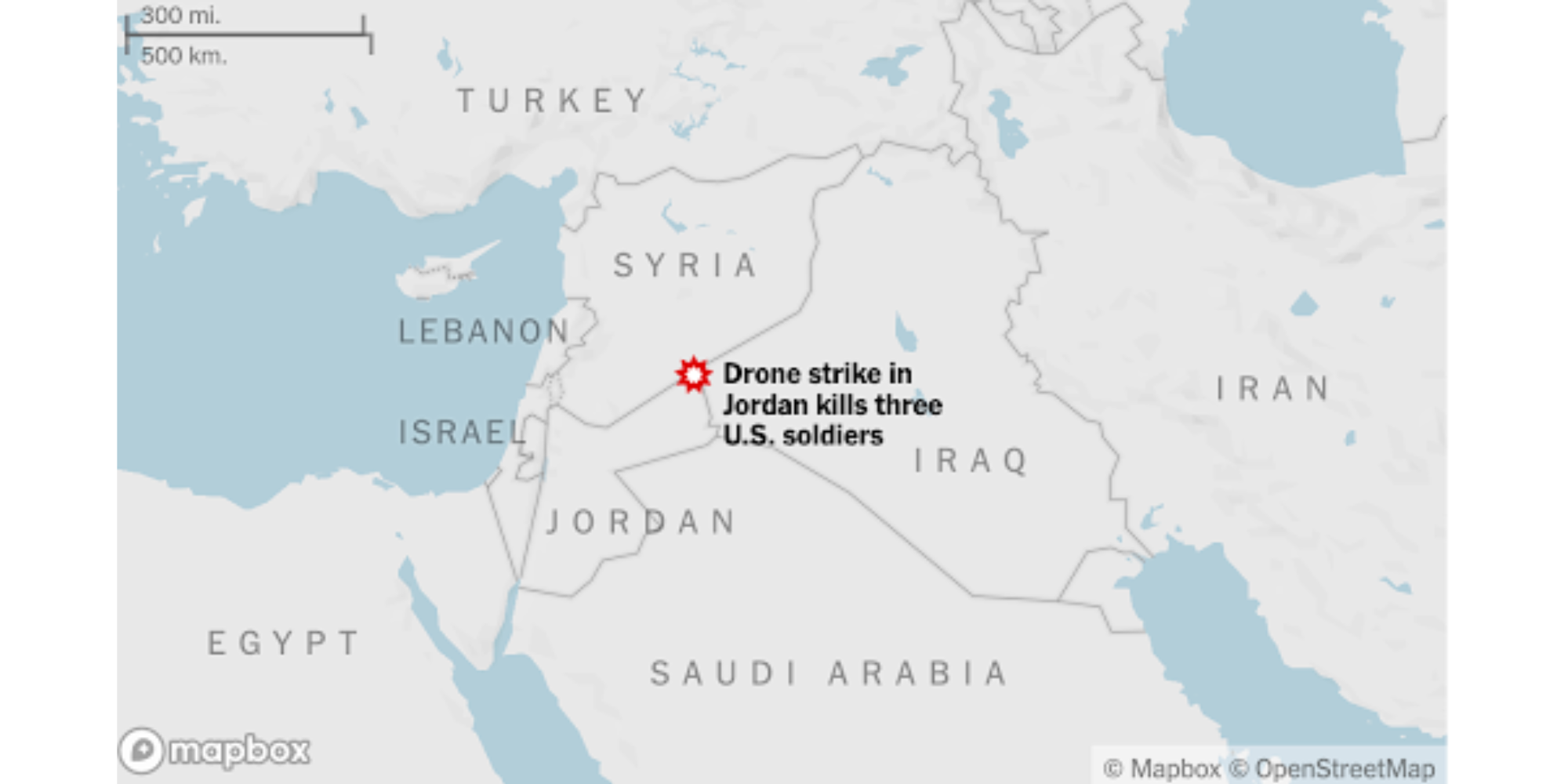Current as of 10:00AM EST, 24JAN16
RECENT UPDATES
As we mark the 100th day of Israel’s war with Hamas on January 14, recent attacks in Lebanon, Yemen, Syria, and Iraq represent the broadening of the Israel-Hamas war into a wider regional conflict. In response to the Houthi’s first successful strike on a U.S.-owned cargo ship, the U.S. carried out military strikes against more than a dozen targets in Yemen. In response, a Houthi anti-ship ballistic missile struck a U.S.-owned cargo ship on January 15, marking the first time the Houthis successfully struck a U.S. ship. In addition, two U.S. Navy SEALs were lost at sea due to inclement weather in a separate operation to seize Iranian-made ballistic missile components heading for Yemen from a vessel off the coast of Somalia.
- Humanitarian Crisis: Martin Griffiths, the United Nations (UN) Under-Secretary-General for Humanitarian Affairs and Emergency Relief Coordinator warned the “great majority” of 400,000 Gazans “are actually in famine, not just at risk of famine.” According to Lynn Hastings, the UN Deputy Special Coordinator for the Middle East Peace Process, Israel’s continued denial of food, water, and health care, as well as ongoing air strikes against Gazan civilians, hospitals, and schools “cannot be justified.” The World Food Program and the World Health Organization said new entry routes to Gaza need to be opened, more trucks need to be allowed in, and aid workers and those seeking aid need to be allowed to move around safely.
- U.S. Support: On January 16 the U.S. Senate will vote on a resolution to freeze all U.S. security aid to Israel unless the State Department produces a report within 30 days examining whether the country committed human rights violations in its conduct of the war. Though the resolution, brought by Vermont Senator Bernie Sanders, is unlikely to pass, it represents Democrats’ growing resistance to unfettered aid to Israel. According to U.S. Central Command, on January 11 the U.S. Navy seized Iranian-made ballistic missile and cruise missile components from a vessel off the coast of Somalia that was destined for Houthis in Yemen. Though U.S. Navy officials reported two Navy SEALs were lost at sea in the operation, it was due to inclement weather, not hostile activity.
- Military Operations: Israeli Defense Minister Yoav Gallant announced the “intensive maneuvering stage” of Israel’s military offensive in Gaza will “end soon,” but only after working to eliminate pockets of resistance through raids, airstrikes, and special operations. In addition, Israel launched dozens of strikes within southern Lebanon on January 16, according to The Washington Post. The Israel Defense Forces claimed Hezbollah was exploiting the Wadi Saluki area as a staging ground for attacks against Israel.
- Regional Relations: Iran’s Revolutionary Guards launched missile attacks against “anti-Iranian terrorist groups” in Erbil, Iraq and Syria on January 16. The U.S. and five of its allies carried out military strikes against more than a dozen targets in Yemen controlled by the Iranian-backed Houthi militia on January 11, according to the New York Times. In response, a Houthi anti-ship ballistic missile struck a U.S.-owned cargo ship on January 15, marking the first time the Houthis successfully struck a U.S. ship. No injuries were reported in the attack. Qatari Prime Minister and Minister of Foreign Affairs Mohammed bin Abdulrahman Al Thani warned U.S.-led strikes would only deepen regional divides over Israel’s war on Gaza. When speaking at the World Economic Forum on January 16, Saudi Arabia’s Foreign Minister Faisal bin Farhan said his country is willing to recognize Israel if the Palestinian issue is resolved through a ceasefire “on all sides.”
- Protests: From Berlin to London and Limassol to Karachi, tens of thousands took to the streets on January 14 to mark the 100th day of Israel’s war with Hamas. Opposing demonstrations demanded the release of Israeli hostages held by Hamas or called for a cease-fire in Gaza. Thousands of demonstrators also converged on the White House to call for an end to Israeli military action in Gaza. A similar protest occurred in London as participants sought to highlight the plight of children in the Gaza Strip. In contrast, thousands of pro-Israel protestors gathered in Trafalgar Square to call for the release of the 132 hostages still held by Hamas, according to BBC reporting. The London event coincided with a 24-hour rally held in Tel Aviv.
CYBER IMPLICATIONS
The U.S. tech sector remains entwined with the ongoing conflict between Israel and Hamas, and the dynamic nature of the conflict continues to cause notable changes within the industry.
- Palantir Technologies announced a strategic partnership with the Israel Ministry of Defense to “supply Palantir technology to help the country’s war effort.” The agreement followed a meeting between Israeli defense officials and Palantir co-founders Peter Thiel and Alex Karp on January 11.
Drone warfare in Israel, Ukraine, and Yemen is causing dozens of U.S. tech companies, such as Raytheon and Lockheed Martin, to work on systems to thwart possible drone attacks, including within the U.S., where civilian sites might potentially be targeted, according to NBC News reporting.
CONCENTRIC’S RECOMMENDATIONS
We continue to urge anyone with business interests in Israel and the surrounding regions to exercise extreme caution, and to consider postponing any upcoming travel. We also encourage travelers to avoid all demonstrations and maintain awareness of their surroundings in areas with protest activity. Travelers and businesses should also consider:
- Watching for updated U.S. Department of State worldwide travel advisories.
- Avoiding areas in and around Israel, Lebanon, Egypt, Saudi Arabia, Qatar, and other portions of the Gulf.
- Reaching out to Concentric’s experts for support. Concentric can provide:
- Emergency evacuation and secure transportation, and support from local partners;
- Active monitoring and intelligence support, including tailored risk and travel assessments;
- Tailored security consulting and executive protection agents;
- Cybersecurity and digital privacy protection.
If you are interested in a briefing with Concentric’s Chief Executive Officer Mike LeFever or a member of Concentric’s team on any of these topics, please do not hesitate to contact us.
Feature image source.






